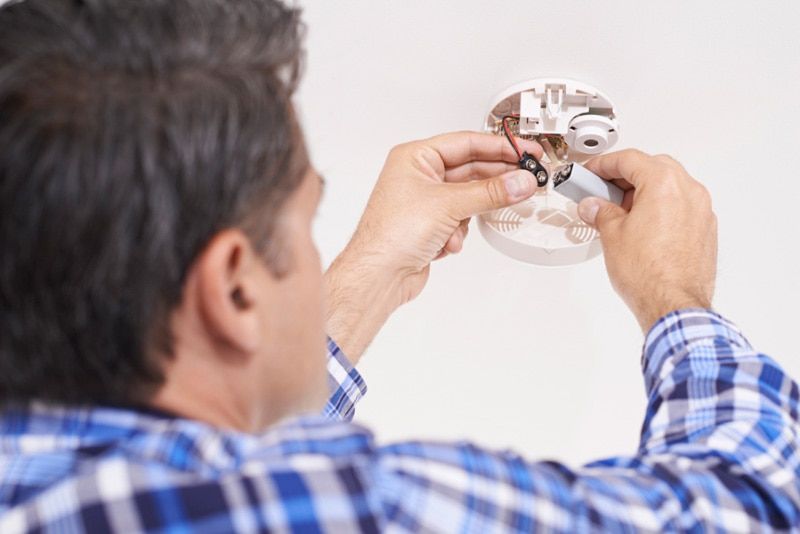The Problem With Clogged Air Filters
Busy careers, bustling families, engrossing hobbies, and overwhelming responsibilities keep most people busy day in and day out. It’s understandable why worrying about the air filter in your heating, ventilation, and air conditioning (HVAC) system is probably way down at the bottom of the priority list.
However, our team at ACS Air Conditioning Services wants to pass along a gentle reminder about the importance of this small maintenance task. It’s one that takes only a minute or two but can make a huge difference in your Tucson home.
Respect Your Air Filter’s Responsibilities
Think about it. Your air filter is responsible for cleaning every bit of your indoor air as it circulates through your home, providing life-giving oxygen to you and your family. It’s responsible for filtering out dust and dirt as well as things like pet dander and allergens. It has a big, important job to do—one that can contribute significantly to your family’s health, comfort, and financial situation.
Changing your air filter in your Arizona home is something that usually needs to be done a few times a year. When you think about it, it’s really a small price to pay for such a big job.
Health Implications of Clogged Filters
When air filters are dirty, they cannot do their best job cleaning your indoor air. Since most people spend the majority of their lives inside, it can significantly impact your overall health. Outdoor pollen can make its way into your home, and daily living will generate dust and dirt easily inside your house. In addition, if you have pets, you smoke, or you have any remodeling projects underway, all of these can add to poor indoor air quality.
Depending on the type of air filter you choose, you can minimize or eliminate many of these allergens easily. Keeping a small stash of filters on hand to help you remember to change them can help.
If you have family members who suffer from asthma or allergies, they will suffer much more in a home with a clogged air filter. Even those with strong constitutions may feel the effects of poor air quality on their overall health. If you notice health effects already, it may be time to investigate higher quality air filters such as high-efficiency particulate air (HEPA) filters that filter out the majority of the smallest particles.
Comfort Implications of Dirty Filters
An HVAC system is designed to deliver either heating or cooling services to your living space so that you and your family can be comfortable. Clogged air filters can affect the overall performance of your HVAC system, making it work harder and perform less efficiently. In addition, an HVAC system helps control the humidity in your home. Dirty air filters can negatively affect humidity levels in your home. Failing to perform this simple maintenance task can then reduce the overall comfort levels in your home.
Financial Implications
Clogged air filters can significantly impact the performance of your HVAC equipment. When filters are dirty, air has trouble moving through the system. That means your air conditioner or furnace must work harder to push air through the system. This can wear out components faster than necessary, shortening the overall life of your HVAC equipment. It can also mean additional repair costs and higher levels of maintenance.
In addition, it will take more energy to deliver heat or cooling to your home, which means your utility bills will be higher on a regular basis. In fact, according to the US Department of Energy (DOE), simply changing your air filters can reduce your energy consumption by between 5 and 15 percent every month.
An Easy Solution
The solution to these issues is simple: remember to change your air filters once every three to six months or according to your manufacturers’ recommendations. This small maintenance task will take only a few minutes, and it can mean better health, increased comfort, and less impact on your pocketbook.
Contact Us for All Your Air Filter Needs
Our professionals at ACS Air Conditioning Services in Tucson, Arizona, can help answer any questions you have about air filters. We can provide recommendations or help with other regular maintenance issues. Just call us at 520-230-5668 or request service online today.

